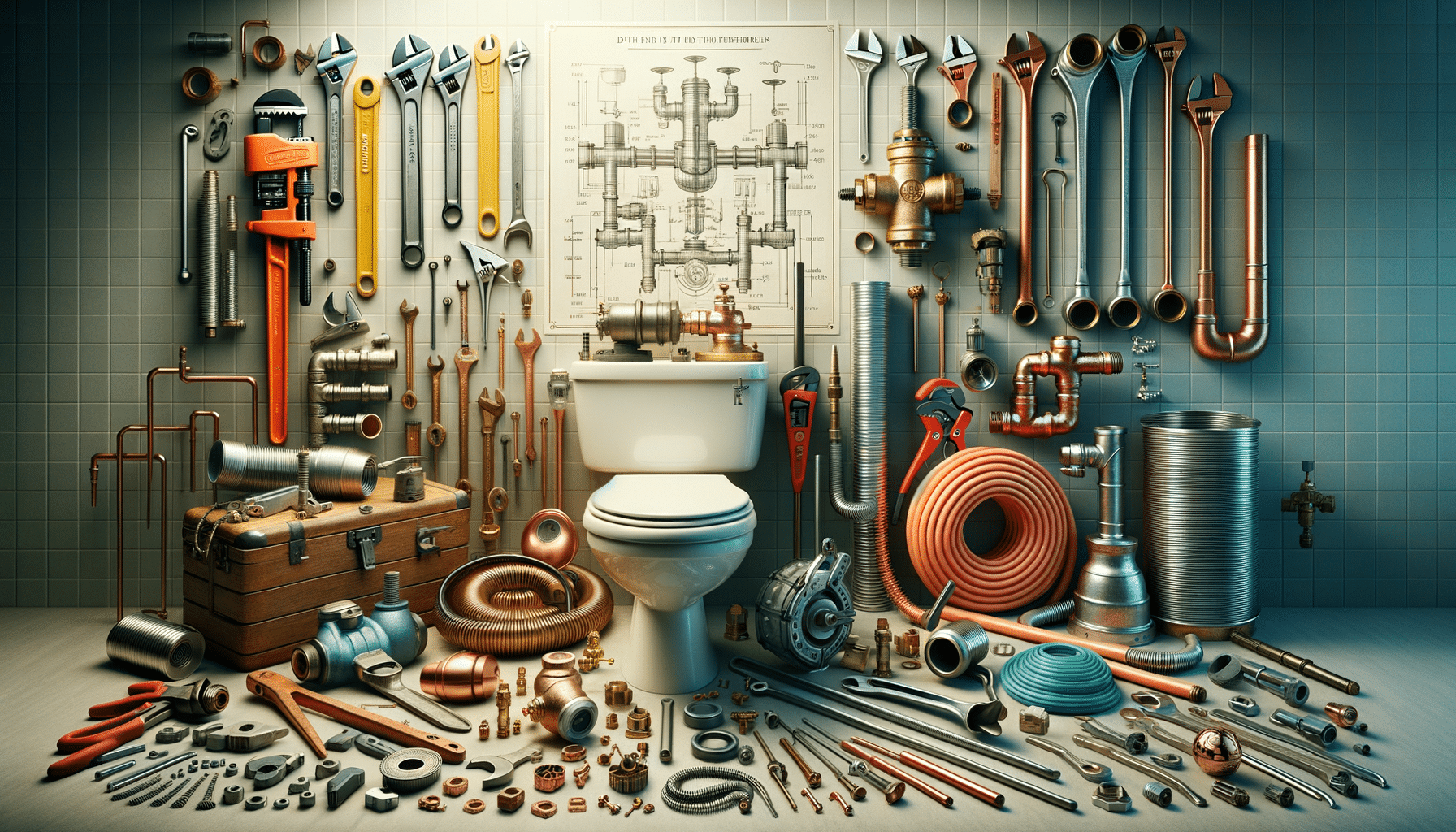
A Comprehensive Guide to the Plumbing Profession
The Role of a Plumber: Beyond Pipe Repairs
When we think of plumbers, the image that often comes to mind is someone fixing a leaky faucet or unclogging a drain. However, the role of a plumber extends far beyond these tasks. Plumbers are responsible for the installation, maintenance, and repair of water systems in residential, commercial, and industrial settings. Their expertise ensures that clean water is delivered efficiently and waste is disposed of properly.
Plumbers work on a variety of systems, including water supply lines, drainage, and sewage systems. Their duties can range from installing new piping systems in a building to troubleshooting and repairing existing plumbing infrastructure. They also play a crucial role in ensuring that plumbing systems comply with local and national regulations, which is vital for health and safety.
Moreover, plumbers are often called upon to install and maintain complex heating and cooling systems, which require a thorough understanding of mechanical and electrical components. As such, plumbers must possess a diverse skill set, including problem-solving abilities, technical knowledge, and physical stamina.
Training and Skills Required for Plumbing
Becoming a plumber requires a combination of formal education and hands-on training. Most plumbers start their careers through apprenticeships, which provide the opportunity to learn the trade under the guidance of experienced professionals. These programs typically last four to five years and include both classroom instruction and on-the-job training.
During their training, aspiring plumbers learn about various topics such as plumbing codes, blueprint reading, safety practices, and the use of plumbing tools and equipment. They also gain practical experience in tasks like pipe fitting, welding, and system troubleshooting. This comprehensive training ensures that plumbers are well-prepared to handle the diverse challenges they may encounter on the job.
In addition to technical skills, successful plumbers must possess strong communication and customer service abilities. They often work directly with clients to assess their needs and explain the work that needs to be done. Good communication is essential to ensure that projects are completed to the client’s satisfaction.
The Importance of Plumbing in Modern Society
Plumbing is a critical component of modern infrastructure, playing a vital role in public health and safety. Without reliable plumbing systems, communities would face significant challenges in accessing clean water and disposing of waste, leading to potential health risks and environmental issues.
Plumbers contribute to the well-being of society by ensuring that water systems are safe and efficient. They help prevent the spread of waterborne diseases by maintaining sanitary conditions and addressing issues like leaks and blockages that could lead to contamination.
Furthermore, plumbers are integral to the development and maintenance of sustainable water systems. They implement technologies and practices that conserve water and energy, contributing to environmental conservation efforts. In this way, plumbers not only support the immediate needs of individuals and businesses but also help protect the planet for future generations.
Challenges and Rewards in the Plumbing Profession
Like any profession, plumbing comes with its own set of challenges and rewards. One of the primary challenges plumbers face is the physical demand of the job. Plumbing work often requires heavy lifting, working in confined spaces, and standing for long periods, which can be physically taxing.
Plumbers also need to be prepared for unexpected problems that may arise during a job. This requires quick thinking and adaptability to find effective solutions. Additionally, they must stay updated on the latest industry standards and technologies to provide the best service possible.
Despite these challenges, plumbing offers numerous rewards. Plumbers enjoy a high level of job security, as their skills are always in demand. The satisfaction of solving complex problems and providing essential services to the community is another significant reward. Moreover, plumbing can be a lucrative career, with opportunities for advancement and specialization in areas such as pipefitting, steamfitting, or even owning a plumbing business.
Future Trends in the Plumbing Industry
The plumbing industry is continually evolving, with new technologies and trends shaping the future of the profession. One of the most significant trends is the increasing focus on sustainability and water conservation. Plumbers are at the forefront of implementing green technologies, such as low-flow fixtures and rainwater harvesting systems, to reduce water usage and promote environmental responsibility.
Another trend is the integration of smart technology into plumbing systems. Smart plumbing solutions, such as leak detection sensors and automated water shut-off valves, are becoming more common in homes and businesses. Plumbers must adapt to these advancements by acquiring new skills and knowledge to install and maintain these innovative systems.
As the demand for skilled plumbers continues to grow, the industry is also seeing an emphasis on attracting a diverse workforce. Efforts are being made to encourage more women and minorities to pursue careers in plumbing, helping to create a more inclusive and dynamic industry.

